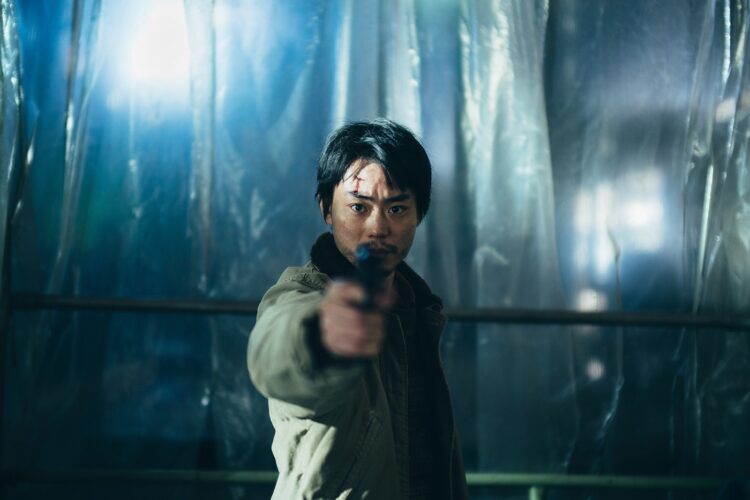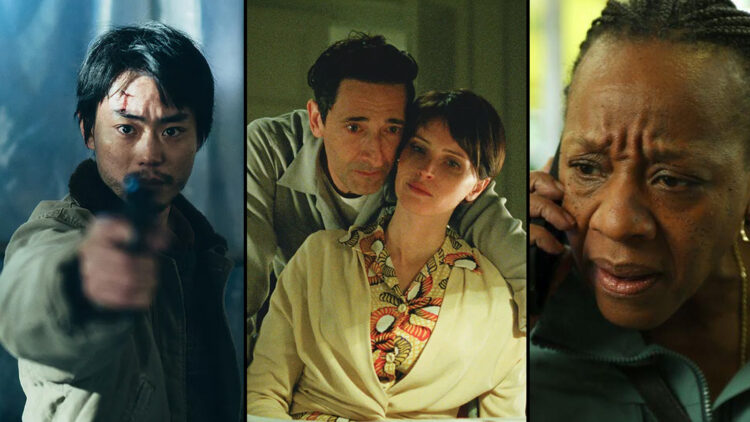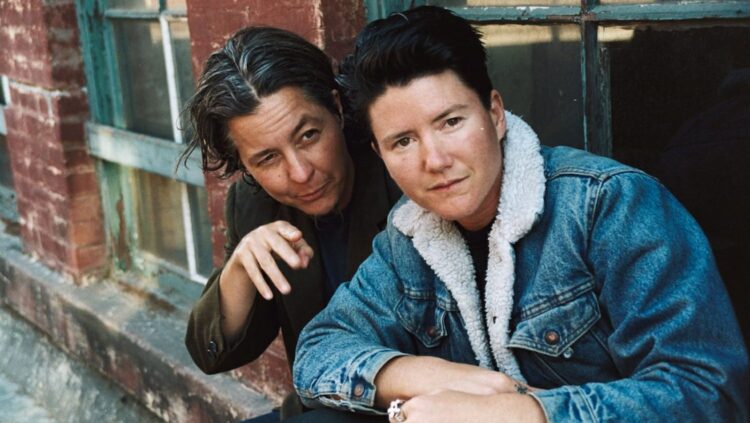

Kiyoshi Kurosawa is having quite the year. Chime, a mid-length chiller, was a standout at the Berlinale. A French-language remake of his own Serpent’s Path will have its European premiere at San Sebastian. And now we have Cloud: a cold thriller with a dark, satirical edge that shows the master filmmaker at his leanest and meanest, taking a clean core idea (what if an online reseller was hunted down by the people he ripped off) and stretching it out until it’s misshapen and disfigured and, much like its protagonist, an unsettling version of its former self.
We might not be quite into late-period Kurosawa just yet, but after four decades behind the camera there are already signs of that same lack of fuss to his filmmaking. Just watch the opening sequence of Cloud, which delivers a full psychological profile of the film’s protagonist before even a title card appears. This sequence sees our dubiously motivated reseller flip a haul of medical equipment: ruthlessly haggling the seller down; meticulously setting up the listing; and then the anxious wait, first as he hovers over the sale price and then watching from afar as the products get snapped up, one by one; letting out a small, haunting sigh of ecstasy as the final item turns from white to red.
Cloud stars Masaki Suda as Ryosuke: a man who treats his profession with both the icy detachment of a high-stakes gambler and the obsessive pragmatism of a character from a Paul Schrader film. At the beginning, Ryosuke scores big, leading him to reject a promotion at the factory he works in as well as another, more lucrative, less legal offer from Muraoka (Masataka Kubota), the man who taught him the ropes. Together with his girlfriend Akiko (Kotone Furukawa), he moves to a modernist lakeside house outside the city and starts to run his own reselling operation with the help of a dedicated (perhaps too dedicated) local lad named Sano (Daiken Okudaira). Much like that same Schrader protagonist, Ryosuke believes on some level that his love for Akiko will ultimately be his saving grace (when Muraoka sees them together in the street he remarks “I didn’t know you’d found conventional happiness”) but in Kurosawa’s world, salvation rarely comes so easy.
Cloud is at its best in these early exchanges; you can almost sense the director’s enjoyment as he leans into the minutia of Ryosuke’s labor. In one anxious moment, he spots that a popular video game is growing scarce and decides to blow his savings on 20 copies, but gets distracted and misses the sale. In another, he hassles the owner of an anime store into letting him pay double for a series of limited-edition figurines before the store opens, only so that he can quadruple the price online, knowing fans will be left with no other option than to pay. It’s a shady business, Kurosawa seems to be suggesting, and it won’t be long before those he screwed over start to rally against him. Shift around the tea leaves and it all starts to resemble the stuff of anti-capitalist satire, but Ryosuke’s unnerving lack of affect (credit to Suda) keeps you wondering who exactly will prevail, or to what end.
When the mobs do begin to form, at around Cloud‘s halfway mark, the film takes an unexpected turn into action cinema, forgoing the taut, minimal thrills of those early scenes and becoming a bit less interesting for it––not that you would have noticed in the audience last night at Cloud‘s midnight premiere. The director will turn 70 next year. With his current output, he seems unstoppable.
Cloud premiered at the 2024 Venice Film Festival.
The post Venice Review: Cloud Finds Kiyoshi Kurosawa in Unstoppable Shape first appeared on The Film Stage.



